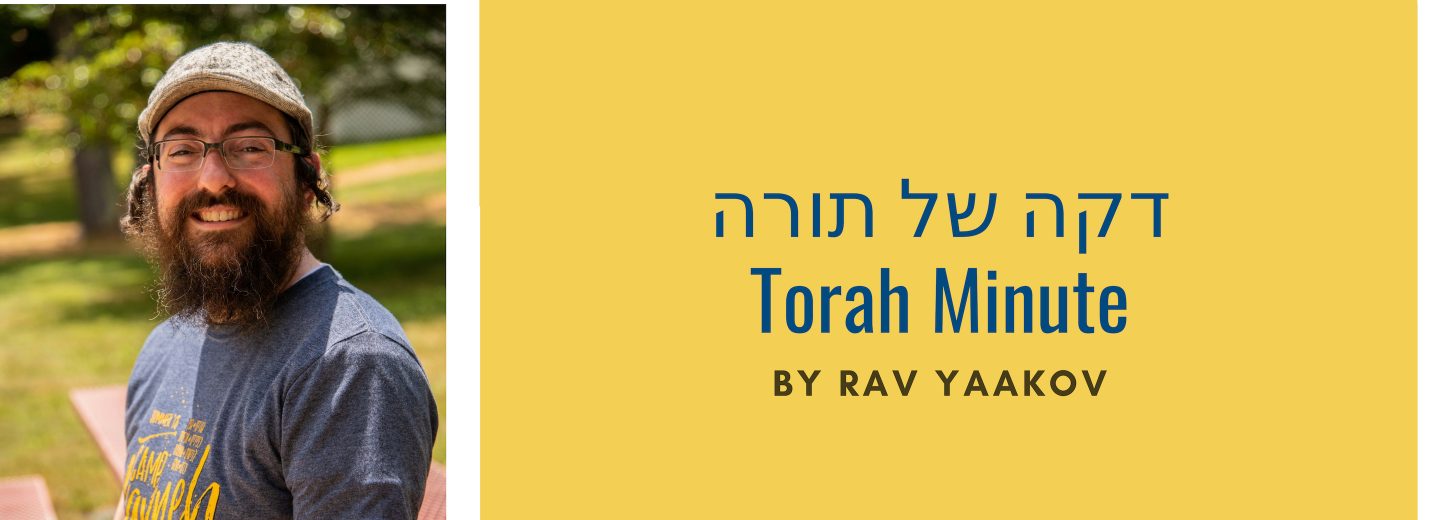Terumah – So. Many. Details.
Parshat Terumah is the first of two parshiot in which God gives the Jewish people the commandment to build the mishkan, the Tabernacle: “Make Me a sanctuary and I will dwell amongst them.” The people receive laws dealing with everything that will go into building and operating this mishkan which was to be the center of Israelite spiritual life for the entire time in the desert.
At times this parsha reads like an ancient Ikea manual: there are hundreds of instructions on how exactly to make and construct every single aspect of every vessel that will be used in the mishkan: the instruments of the service of the kohanim, their exact measurements, what to build them with, what exact materials to cover them with and what colors they should be dyed, how to carry each vessel, what the carrying implements should be made out of, the tapestries, the walls, the rods, the rings — everything.
One might ask — what is the point of all of this? Does God really care about this minutiae? Isn’t it enough to serve God? Why does it have to be in all of these exact ways?
The answer is that God didn’t give us all of these laws of the mishkan for God’s own sake. Up until that moment in time, the Jewish people had a one-sided relationship with God. God took them out of Egypt and defeated their tormentors with miraculous plagues, split the sea, gave them the Torah with great signs and wonders, and then gave them a bunch of civil laws, last week, on how to actually run a holy society. But this is the first time God is requiring the Jewish people to take the initiative and build something themselves, not have something given to them.
Anyone in a loving relationship, from partners to parents, will say that the key to their love is giving to one another. First-time parents learn of their capacity for love of new babies in everything that they give to them. God’s love for the Jewish people, who had been helpless, was evident all around them in the desert: the cloud of protection as they traveled, the manna every day to eat. They were like spiritual children. After receiving the Torah, God is telling them that it’s time to grow up. Time to learn to give of themselves by coming together to build this earthly Sanctuary where they will give back to God. Not giving of themselves through what they had previously known — slavery and oppression — but through creation, sacrifice, and service. Time to develop their side of their relationship with God. One rod, one ring at a time.
Questions for the Shabbat Table:
- What is a relationship that you have developed through giving, as opposed to receiving?
- What is a way that you could try to develop your relationship with God through creation, sacrifice, or service?




